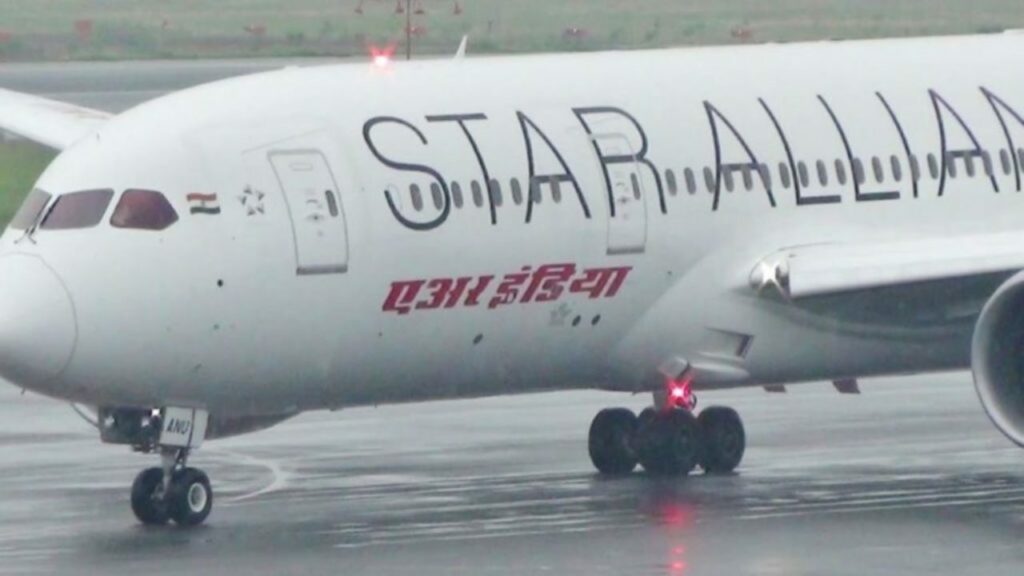Tata’s Ambitious Plans For Air India: Rs 15,000 Crore Of Working Capital Debt Planned For Expansion!
As the Tata group plans to revive Air India which it bought from the government last year, the group is in discussion with the banks to raise working capital loans worth Rs 15,000 crore.

How The Raised Capital Shall Be Used?
People privy to the developments said that the money that shall be raised will then in turn be utilised in paying the aircraft rentals, refurbishing the fleet, covering day-to-day air operations and losses, and overhauling IT operations.
As per an insider the loan is likely to have a three-year term with a yearly reset rate between 7.5 and 8%.
Last year in October, Tata sons won the bid to purchase Air India for Rs 18,000 crore through its subsidiary Talace.
Last year, Talace raised Rs 23,000 crore of unsecured, unrated one-year loan from State Bank of India (SBI), HDFC Bank and Bank of Baroda, at 4.25% which is to be renewed at the end of January.
A bank official said that the increasing interest rates and a lack of liquidity in the system will increase borrowing costs.
By the end of March 2021, the total losses incurred by the airline were Rs 83,916 crore. In FY22, it lost an additional Rs 9,556.5 billion.
Expansion of Fleet, Focus on IT Integration
Currently at 113, the airline is aiming to triple its fleet over the period of next 5 years. In the month of September, it also agreed to lease five Boeing wide-bodies and 25 Airbus narrow-bodied planes.
Starting in December, planes will be added to the fleet in 15 months. The carrier has also agreed on short-term leases which might be expensive.
In addition to the aforementioned, the group is also keen to invest in the IT integration.
As per reports, it has formed six verticals to completely overhaul the airline’s back end. Meanwhile, AirIndia is reportedly rebuilding its core crew, recruiting seasoned executives from other airlines and paying them up to 50% more than market rates.

Comments are closed, but trackbacks and pingbacks are open.